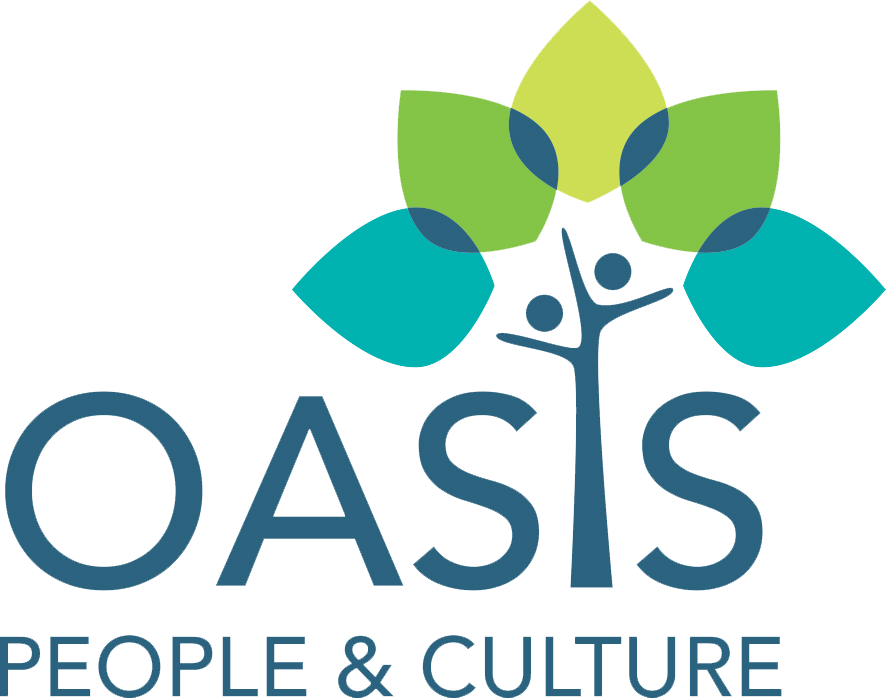Recently, I’ve been noticing how many people lament about being "time poor" or as one of my US coaching clients remarked to me, “I don’t specifically use the phrase ‘time poor’, but I do often say 'If time is money, then I’m feeling kinda broke right now!'”
Whichever expression comes up, it emerges when we perceive we have too many things to do and not enough time to do them. It’s an experience often accompanied by feeling stressed, overwhelmed, and frustrated by how much there is to attend to. As a result, we’ll likely find ourselves wishing for more hours in the day, more days in the week, and more weeks in the year.
But are we actually time-poor?
How does it serve us to think of ourselves in this way? Even further, what if there was a way to change our relationship with time so that, rather than feeling stressed, overwhelmed, and frustrated, we could feel more relaxed, productive, and fulfilled?
This is where I think ontological distinctions become profoundly helpful. Influenced by ontological frameworks and methodology, you’ll often hear the Oasis team speak of the way words create reality – including the way the stories we are telling about how we view ourselves and the world around us are shaping our experiences.
What if we bravely questioned these assumptions and beliefs about ourselves and the world to welcome in new possibilities for action and transformation?
Imagine perceiving time not as something 'out there' somewhere, but as something we construct through our interpretations and expectations. Instead of viewing ourselves as passive victims of time, what difference would it make to see ourselves as active creators of it?
How exactly do we create time?
We shape time through the commitments we make. Every time we say yes or no to something, we are, in a way, creating time and a new reality. We construct a future that either includes or excludes some particular thing. We also create a past that either confirms or refutes our decision. And we shape a present that either aligns or conflicts with our commitment.
For instance, if I say “YES” to a project at work, I’m carving out a future where I have to deliver that project by a certain deadline. I’m also cementing a past where I have agreed to undertake that project, and a present where I then need to work on it. If I say “NO” to a project at work, I’m forming a different future, past, and present.
We can easily find ourselves in tricky terrain (or even in hot water) when we commit to things without fully understanding the implications. Perhaps we have a tendency to agree to tasks we don't genuinely want to tackle or don't have the capacity for. Conversely, we might decline opportunities we genuinely desire or are perfectly poised for. This can lead to clashing commitments that conflict with our values and what matters most to us.
How have we landed here? Likely through some narrative we've adopted, such as believing “I can’t say ‘no’ to them” or perhaps we believe our identity and worth comes from “always being helpful” or being a “can-do kind of person”.
A Two-Step Pivot
So, how might we generate a different experience with time? Here are two subtle shifts we could make:
Own What’s Yours. Begin noticing where you might be letting yourself off the hook by suggesting you are a ‘slave’ to time or feel you’ve been short-changed by the Time Banker in the Sky. Ask: What have I been saying yes and no too? What stories have I been telling myself that prevent me from responding the way I really want to?
Shift the language. Instead of treating time as a commodity, how about adopting the language of ‘space’? For example, “What will I or won’t I make space for?”
These slight changes might help us be more deliberate about the commitments we’re making, ensuring we say “yes” or “no” with clear purpose. They may afford us a brief moment to reflect on whether our commitments align with our goals. To focus on what truly matters to us and to let go of what doesn't. To cultivate space that enriches us, rather than a relationship with time that enslaves us.
While this isn't simple, it is attainable. Such a shift in perspective might require some bravery, transparency, and accountability. Rest assured, it is also an invitation to a new and powerful way of being in the world, as observers and creators of reality.
If you're keen on exploring how to transform your relationship with time, feel free to contact one of the Oasis team. We would love to support you or your team in that journey.

